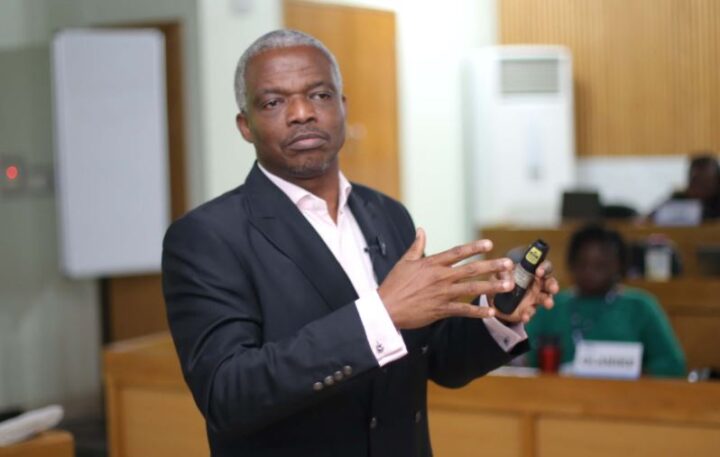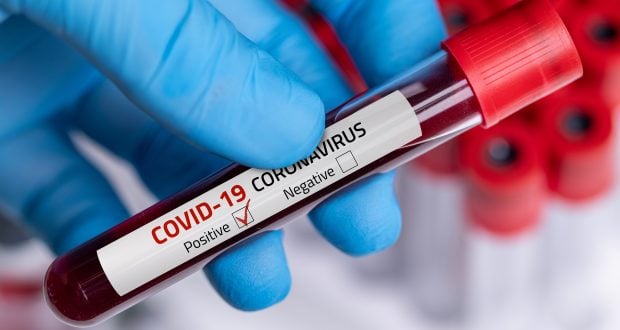Doyin Salami, chairman of the economic advisory council (EAC), says Nigeria needs to create 19 million jobs annually to solve the problem of unemployment.
Speaking on Tuesday during a webinar on privatisation organised by the Nigerian Stock Exchange (NSE), in collaboration with the Nigeria Governors’ Forum(NGF) and the Nigerian Investment Promotion Council (NIPC), Salami said most Nigerian youth are either underemployed or completely unemployed.
“When you look at it in terms of the youth element of our labour force, it is somewhere around 64%. More than half of Nigeria’s labour force is either unemployed completely or underemployed, ” he said.
“Now if we are going to remedy this, Nigeria needs to be creating roughly 19 million jobs. If we are going to do that, it cannot be the responsibility of the government sector. The whole revenue profile of the government sector in Nigeria, federal and state, is somewhere around 10%.”
Advertisement
Noting that Nigeria currently has an investment to GDP ratio of between 15 percent to 18 percent, Salami said it is crucial for it to be raised to at least 25 percent or 30 percent within the next decade to boost the economy.
“Right now, Nigeria’s economic challenge is a very significant and potentially severe one. Yes, I know our economy hasn’t performed well; we have seen so far this year a contraction in the economy, and prospects are that for the rest of the year, the economy will continue to contract, ” he said.
“If Nigeria’s economy is going to grow, investment is going to be at the heart of that growth. Up until now, our attention has typically been focused on the federal government especially in terms of the balance of its recurrent and capital spending.”
Advertisement
The EAC chairman added that the country should also make deliberate efforts to generate investment levels that could support growth and must exceed the rate of population growth, currently estimated at 3.2 percent.
Add a comment






